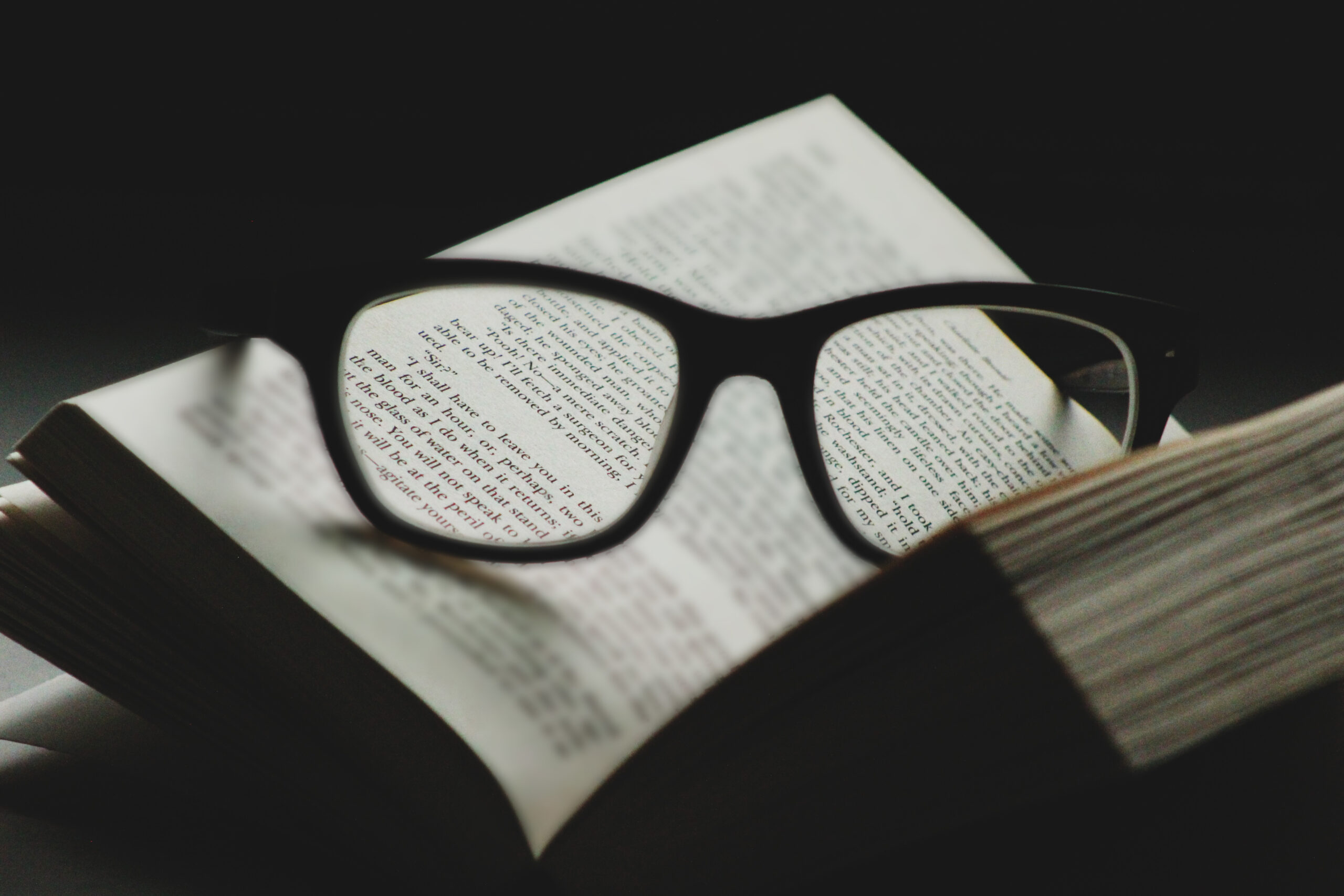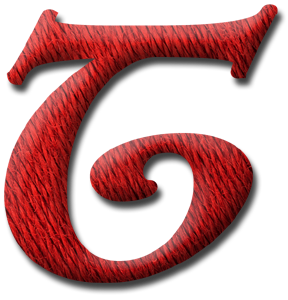The Art of Reading

The Art of Reading:
Discover everything a book
has to offer.
 T
T
here’s a world of difference between knowing what a sentence says and what it means. The majority of people make their way through a book by simply processing the text on the page. They follow the dotted line from one plot point to the next and, by the end, walk away with a general understanding of what happened in the story.
Reading for plot isn’t always a problem. Sometimes you just want to kick back with a fun story, after all. Issues arise, however, when students aren’t skilled in reading at a deeper level. Given that standardized testing is mandatory, all too often teachers are encouraged – nay required – to assess their students based more on memorization and reading comprehension rather than their ability to think critically and develop interpretations of a book.
Standardized testing tends to focus on multiple-choice questions, suggesting there is a simple hard-and-fast answer to every question. As doctor of social studies curriculum, Lisa Gilbert, points out:
![]() What policymakers in many states also fail to understand, is how much standardized testing has shifted our students toward the need to feel certain about things — whereas our lives in this world are filled with ambiguity. [1]
What policymakers in many states also fail to understand, is how much standardized testing has shifted our students toward the need to feel certain about things — whereas our lives in this world are filled with ambiguity. [1]
And literature reflects this ambiguity. But, teaching for comprehension and standardized testing conditions young readers to overlook the bulk of a work — which, as with icebergs, lies beneath the surface. So important considerations, like a book’s historical context, the author’s life experience, its symbols and what they reveal, or even how the definition of words can change, often get missed.
This shallow level of engagement leaves students with empty husks of the books they’re reading. They may know what the book in question says, but left not understanding what it means, how it addresses the ambiguity of life, what it actually has to say.
In a world that places increasingly more importance on STEM fields with each passing year, it’s especially important not to forget the benefits of a literary education. Even Albert Einstein, despite his image as poster boy for the sciences, spoke often and passionately about the importance of the humanities.
He pointed out their ability to generate cultural understanding. And how the humanities train the mind to think independently, to be curious about the world and how it works. To understand that there is more a simple, hard-and-fast answer to questions about the world we live in.
These are critical skills. Because no matter who you are, where you live, or how you make a living, independent thinkers have an easier time adapting to an ever-changing world. And these day, that’s more important than ever.
A book can be a treasure trove of information, but without the proper tools, you’ll only walk away with half of its riches. So, whether you’re just starting your journey into the humanities or you’ve been a student of literature for years, the following articles provide tools to help you discover everything a book has to offer.
___________________________
We may Read for Enjoyment,
But Literature isn’t Written Just to Entertain Us.
Novels Are Like a Layer Cake,
Be Sure to Get Every Bite.

Endnotes:
[1] Watts, Judy H. “Bans that disrupt democracy.” Washington Magazine. February 19, 2024. https://source.wustl.edu/2024/02/bans-that-disrupt-democracy/